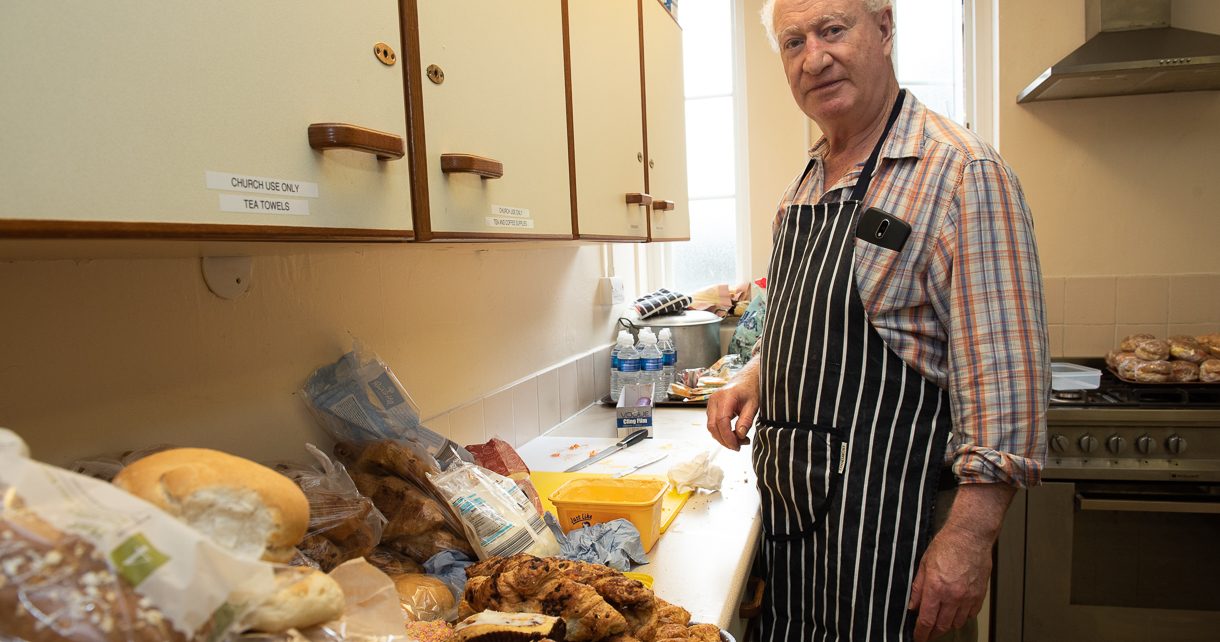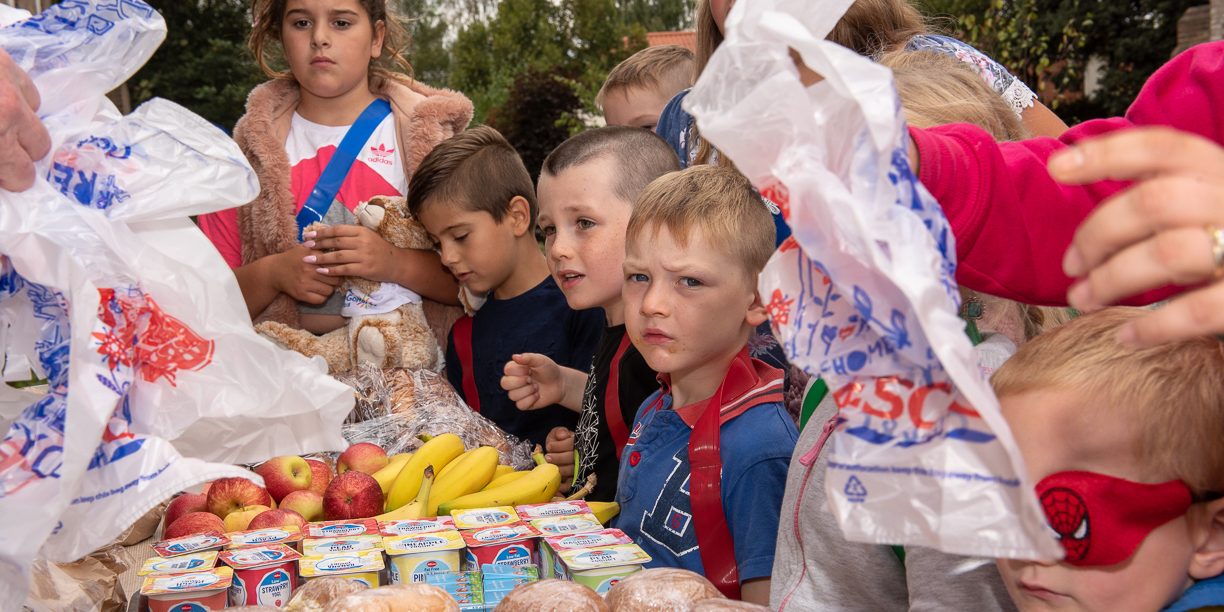The children of austerity
Austerity measures are often discussed in terms of numbers – Osborne’s election pledge that working age benefits will be frozen for two years, that the government will save £5bn, that ever larger doses of austerity will be needed to plug in the £25bn deficit.
It’s easy for the Tories to talk numbers because numbers effectively mask the human casualties that they’d rather not mention.
A Guardian investigation delves into this human cost – in this case, innocent children who struggle at school because their families cannot adequately feed, clothe or house them.
As the government abdicates its responsibility to aid the most vulnerable, instead giving hand outs to the country’s wealthiest, schools across the country must funnel funds meant to educate children into helping these children survive.
And often, teachers must scramble to collect this money themselves.
Emergency fund
The Guardian spoke to woman who teaches at a primary school in south London. She tells of a student whose mother was a refugee who had recently been refused asylum.
The family had become homeless and was moved from place to place, until they had been moved so far away from the school that the child couldn’t afford the transport.
The teacher, Fiona Gittings, had to dip into the “emergency fund” she had created for just these very situations to purchase the family a bus pass.
She cobbled the fund together from her school, church, and teachers association—£1500 in total—which she has previously used for items many of us take for granted.
From two bunk beds to replace students’ beds that were destroyed in a domestic violence incident to money for food to a bed, table and chair for a boy who lived with his father in a completely unfurnished house save a couch – Gittings has desperately tried to help the children of austerity whose families are falling through the cracks.
The pupil premium: a welfare replacement
The Guardian reports on a rising trend among state schools – spending pupil premium money as a way to make up for the impact of austerity on families. The pupil premium is additional money given to publically funded schools to raise the educational attainment of disadvantaged students.
The department of education guidance on spending the pupil premium explicitly forbids schools from using these funds to fill in for cancelled welfare programmes. Instead, the pupil premium must be spent in a manner that can show a measureable impact on educational attainment.
For example, if a school uses premium money to institute a morning breakfast club, the school must demonstrate that the club raised students’ results. That the students are hungry and need to be fed is not enough of a justification.
And so school heads find themselves stretching the justification for spending the premium on basic needs, while also hosting fundraising events at school to make sure their students are provided for.
Children pay price with hunger
Clueless politicians will inevitably blame the poverty of children on their “feckless” parents. But teachers on the frontline, who know their vulnerable students and their home situations intimately, understand the real culprit.
Paul Henderson, a head teacher in London, says he’s seen with his own eyes the way the material lives of his students have worsened each year, and he attributes this to the increasingly precarious nature of their families’ jobs.
Henderson argues that because of the astronomic rise in part-time, short-term zero hours contracts, families are constantly having to toe the line between just having enough to make ends meet and not being able to put food on the table.
If a parent becomes ill, even temporarily, children have to pay the price with hunger.
“They have no insurance, work doesn’t provide sick pay for any significant period of time, but the outgoings are still there,” explained Henderson.
Another head quoted in the Guardian explains how economic want has become a way of life for an entire generation.
“I’ve got an entire cohort of children who’ve known nothing but the recession,” she says. “Their whole awareness is of excessive poverty. Their levels of poverty have become normalised for them. There’s an acceptance, a finality in the shrug of 15 and 16-year-old girls that the world is one way for some children and another way for them.”
Unite assistant general secretary Steve Turner explains how the hopelessness continues as young people go through the school system and begin working.
“Generation rent is suffering from youth unemployment rates twice those pre-recession,” he said. “Those â€lucky’ enough to find work often find it is exploitative with little security on zero hours contracts paying the minimum wage.”
“With one in six children now living in relative poverty and absolute poverty rising for the first time since records began, our young people are being forced out, suffering from a crisis of jobs and homes and hope in a better, fairer Britain,” Turner added.
And so the cycle of poverty continues and is made worse as government austerity marches onwards. As UNITElive has reported, child poverty is a disease that will continue to fester. And that’s not because it must, but rather because austerity-obsessed politicians and businesses rolling in profits choose to keep it that way.
 Like
Like Follow
Follow


